Russian President Vladimir Putin on Wednesday ordered his top officials to draft proposals on possible nuclear weapons testing. Putin said that Russia had always strictly adhered to its obligations under the Comprehensive Nuclear Test Ban Treaty but that if the United States or any nuclear power tested such a weapon, then Russia would do so too.
Putin’s directive to his ministers to prepare proposals for potential tests comes days after US President Donald Trump declared that Washington would restart its own nuclear testing programme, threatening to upend one of the last symbolic restraints of the post–Cold War order.
For now, Putin insists Moscow will not act unilaterally, saying Russia will only test if “the United States or any other nuclear power” does so first. But his defence minister’s recommendation to prepare for “full-scale nuclear tests” suggests that planning is already underway with the Arctic testing range at Novaya Zemlya reportedly capable of hosting trials at short notice. The Kremlin’s move highlights a new phase in strategic competition where deterrence and messaging appear to outweigh arms control commitments.
If Russia proceeds, it would be the country’s first nuclear test since 1990, shattering a global moratorium that has largely held for three decades. Beyond symbolism, such a test could reshape the strategic calculus between Moscow, Washington and Beijing, potentially prompting a cascade of responses that redraw the contours of global nuclear policy.
Defence Minister Andrei Belousov told Putin that recent remarks and actions by the United States meant that it was ”advisable to prepare for full-scale nuclear tests” immediately.
Impact Shorts
More ShortsBelousov said Russia’s Arctic testing site at Novaya Zemlya could host such tests at short notice.
”I am instructing the Foreign Ministry, the Defence Ministry… the special services and relevant civilian agencies to do everything possible to collect additional information on the issue, analyse it at the Security Council and make agreed proposals on the possible start of work on the preparation of nuclear weapons tests,” Putin said.
Why it matters:
A Russian return to nuclear testing would effectively shatter the long-standing global moratorium and further weaken the already fragile Comprehensive Nuclear-Test-Ban Treaty (CTBT), undermining decades of progress toward arms control. By moving from rhetorical threats to concrete preparations, experts’ believe that Moscow is elevating its nuclear posture and placing deterrence back at the centre of its power rivalry with the West. The move also raises the spectre of a new arms race, intensifying crisis instability amid the ongoing Russia–Ukraine war and growing uncertainty in US strategic policy. For NATO and the United States, the challenge now lies in crafting a diplomatic and military response that prevents escalation while reinforcing global norms against testing, they said.
What comes next:
Russia’s National Security Council is expected to deliberate on whether to proceed with full explosive tests, limited sub-critical experiments or delivery-system trials — each option carrying distinct technical, political and legal implications. The Western response will likely include renewed diplomatic pressure, potential sanctions or adjustments in military posture, all of which risk deepening the standoff. On the treaty front, Moscow could formally revoke its commitment to the CTBT, effectively freeing itself from international restraint and forcing Washington and Beijing to decide whether to match or resist. Meanwhile, Europe and Asia may face renewed security dilemmas as the return of nuclear testing reignites debates over deterrence, non-proliferation and the credibility of security guarantees.
The United States last tested in 1992, China and France in 1996 and the Soviet Union in 1990. Post-Soviet Russia, which inherited the Soviet nuclear arsenal, has never done so.
With inputs from agencies


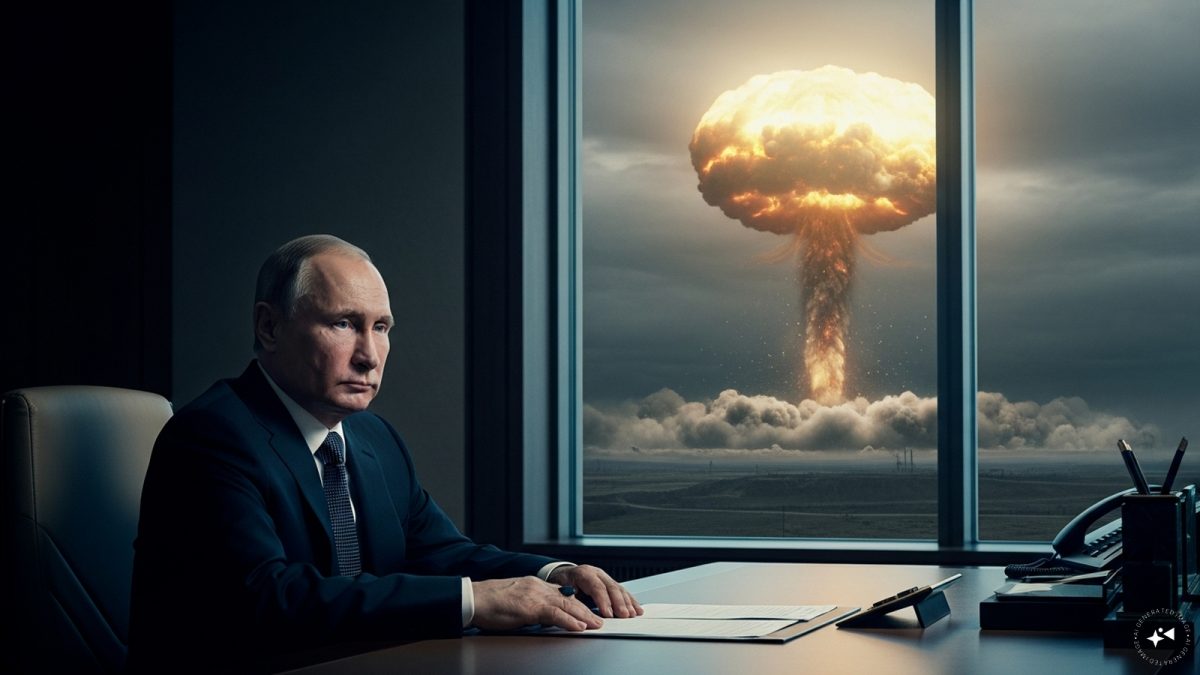)
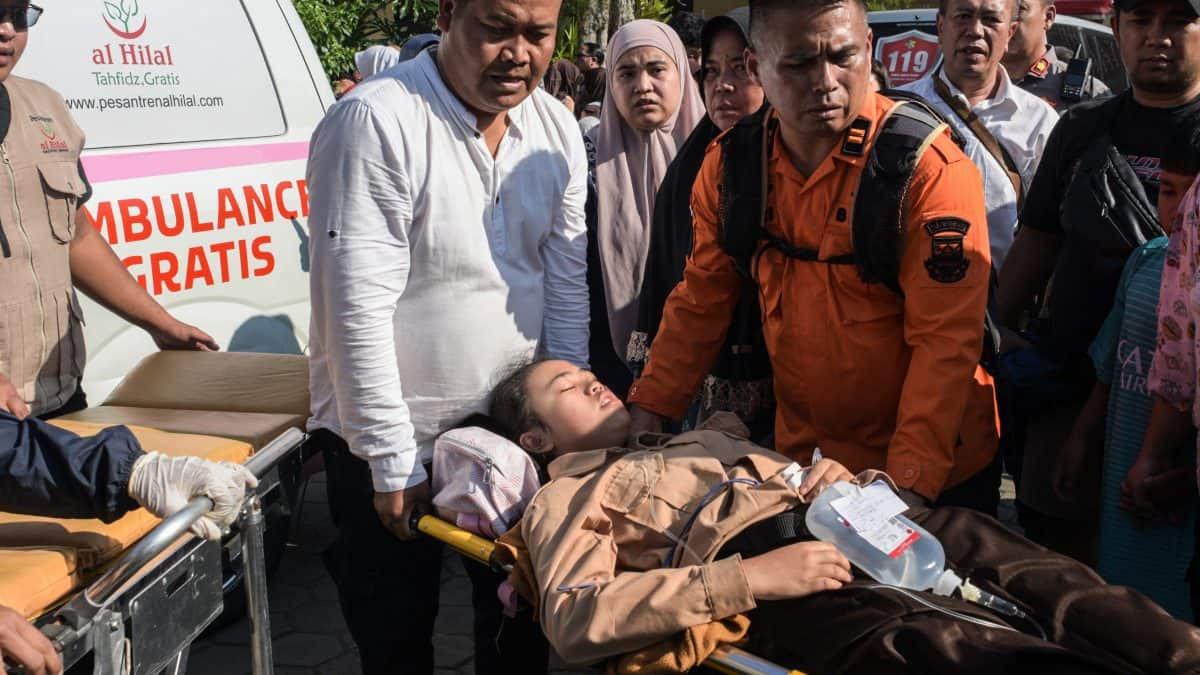
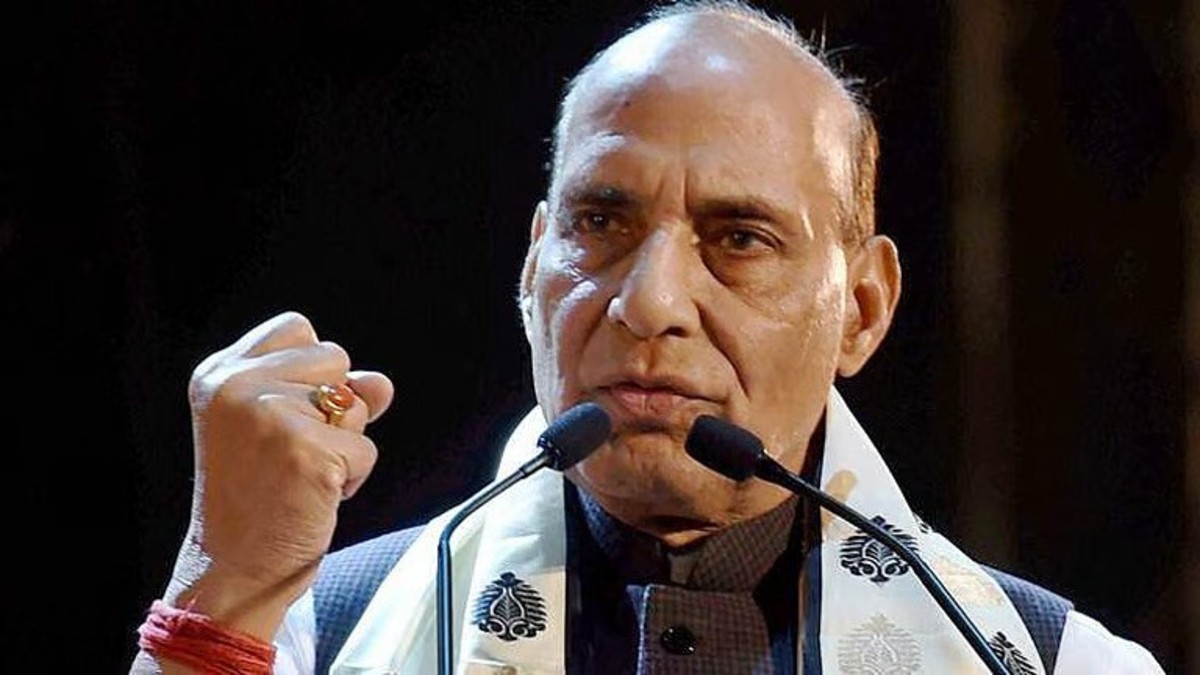)
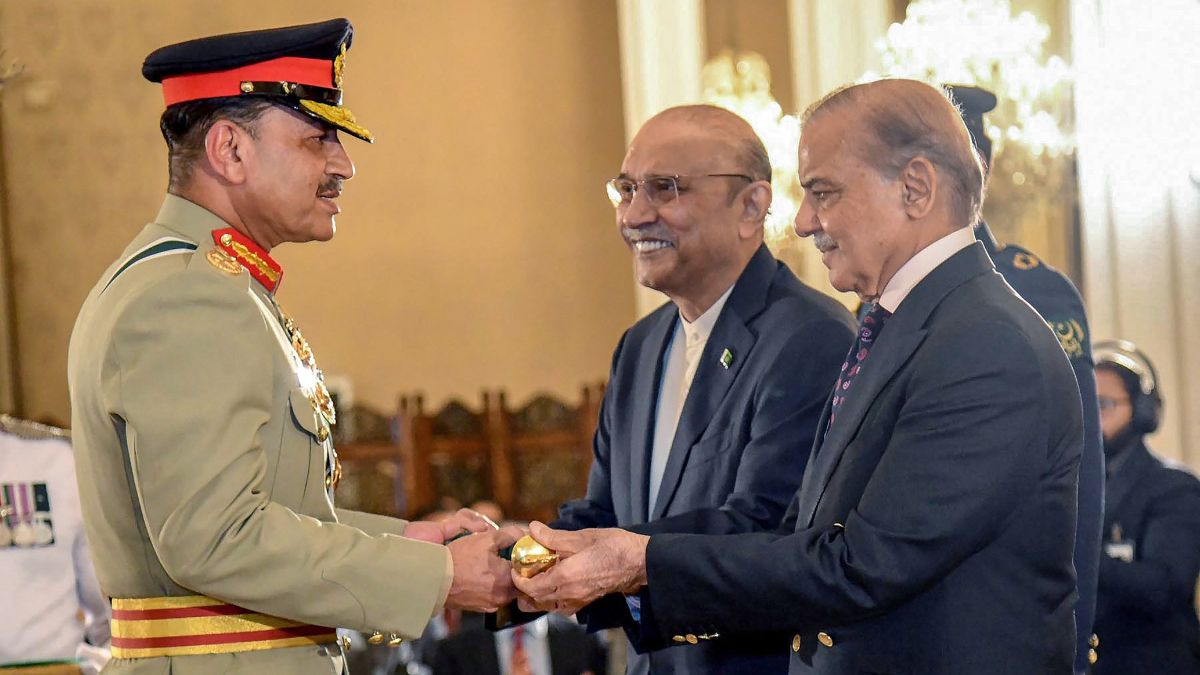)
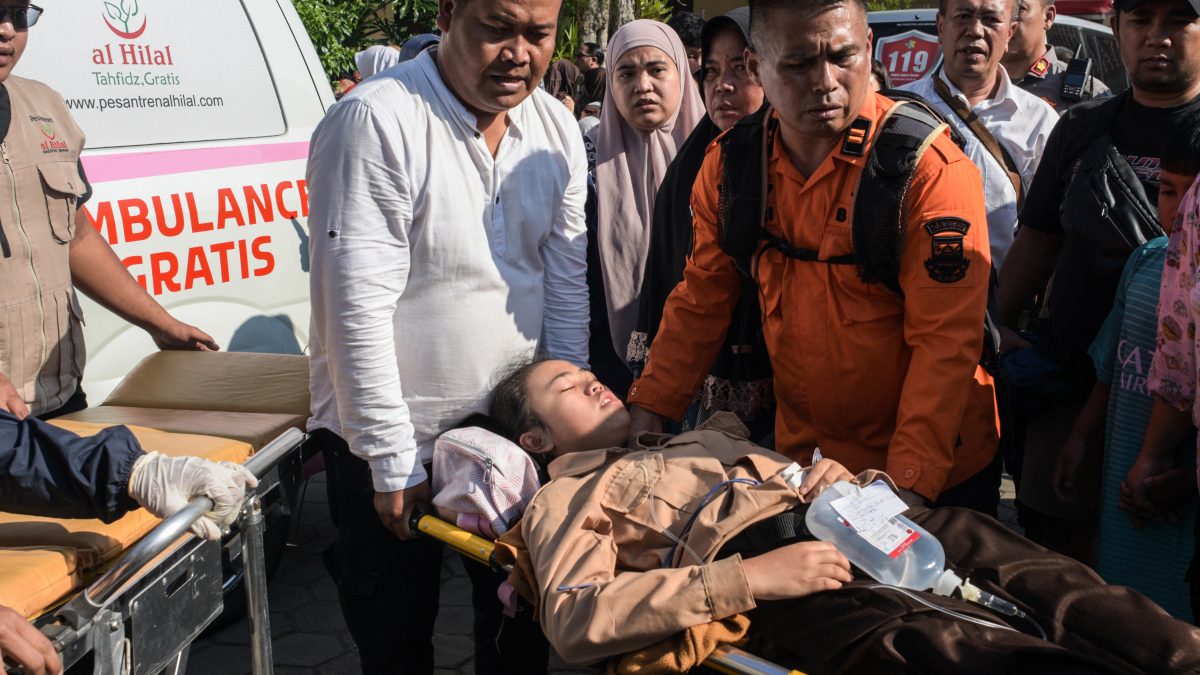)
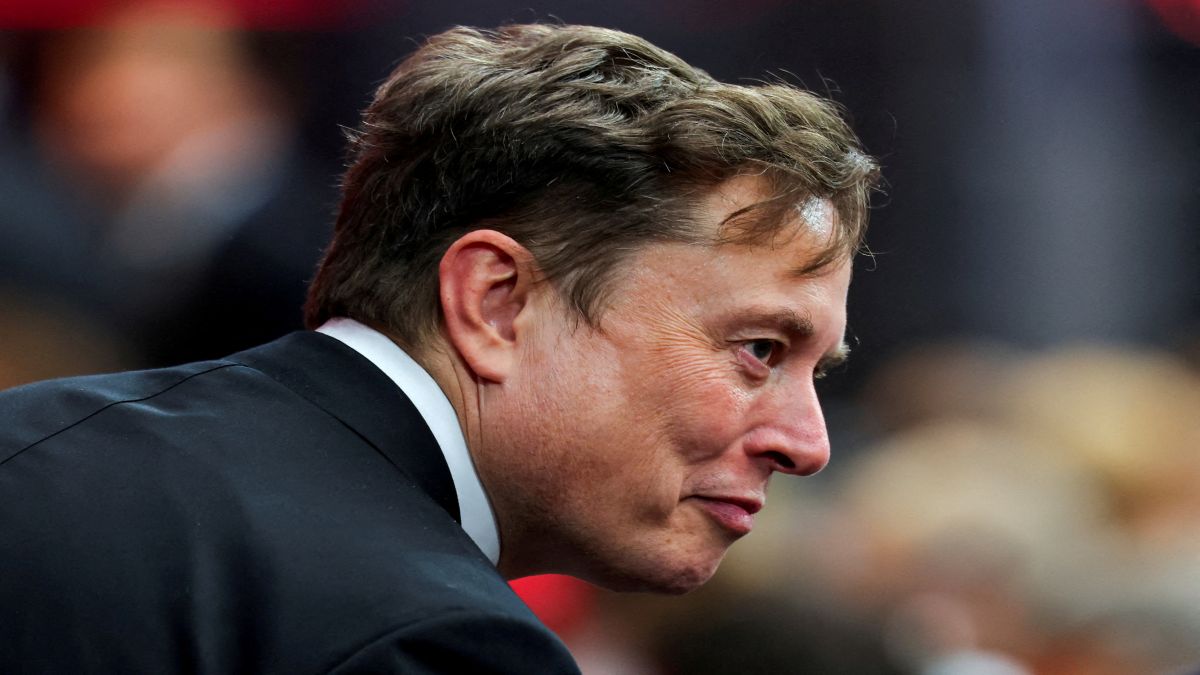)
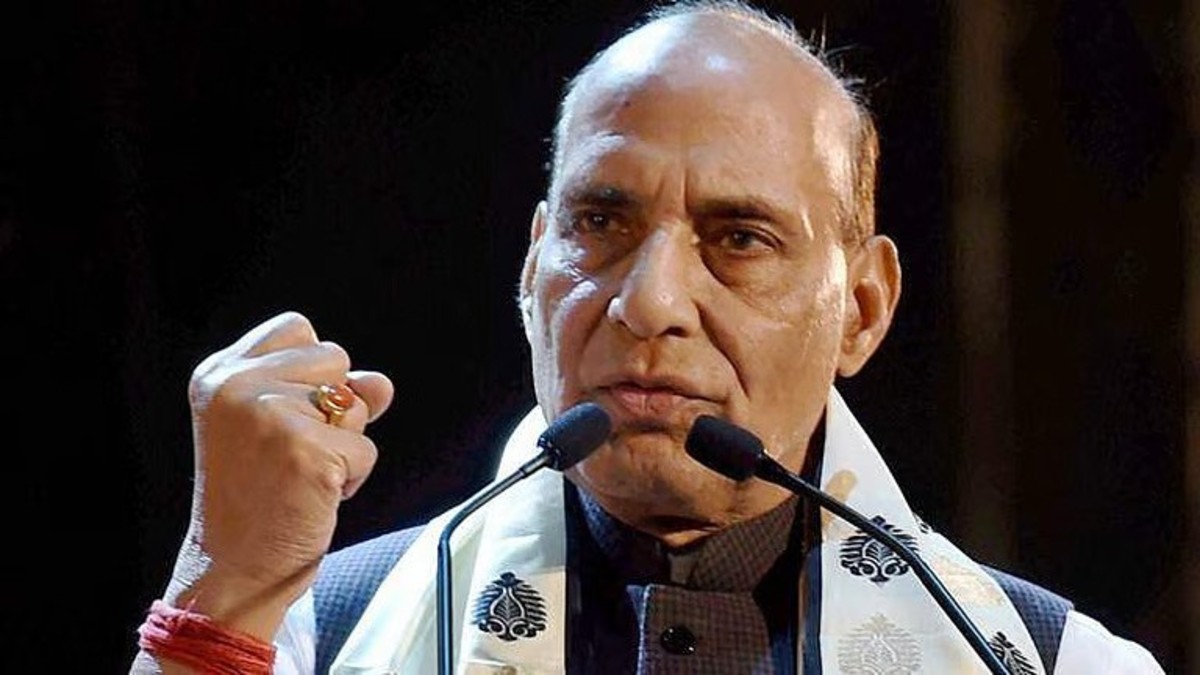)
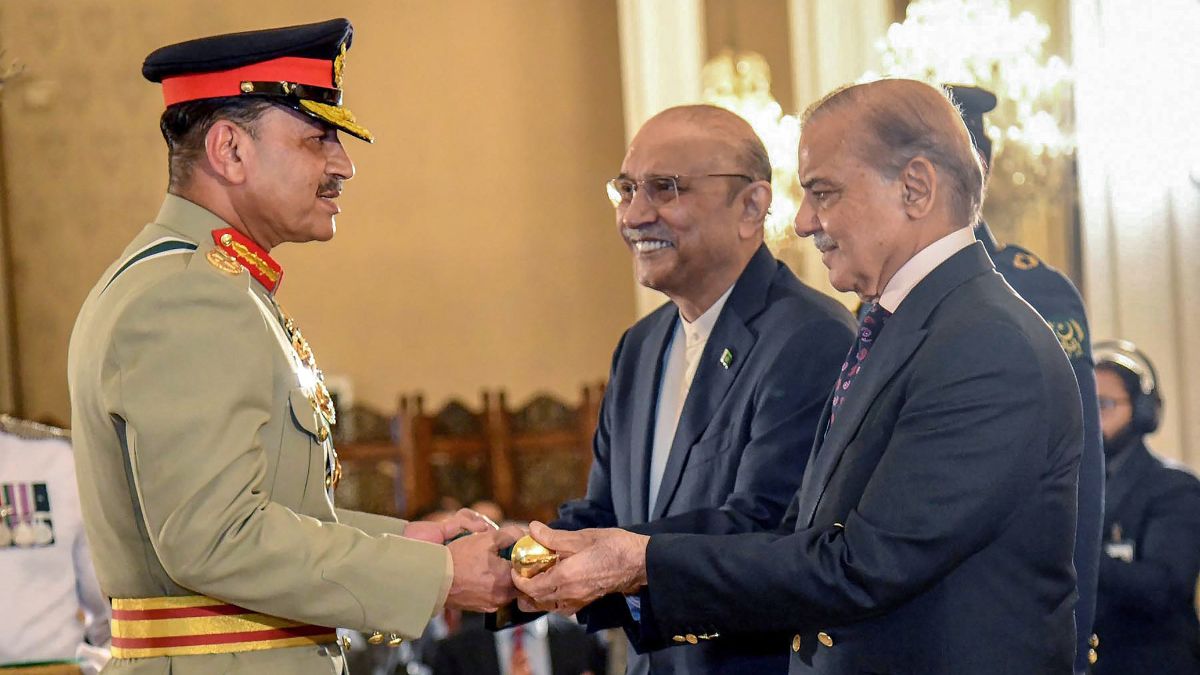)
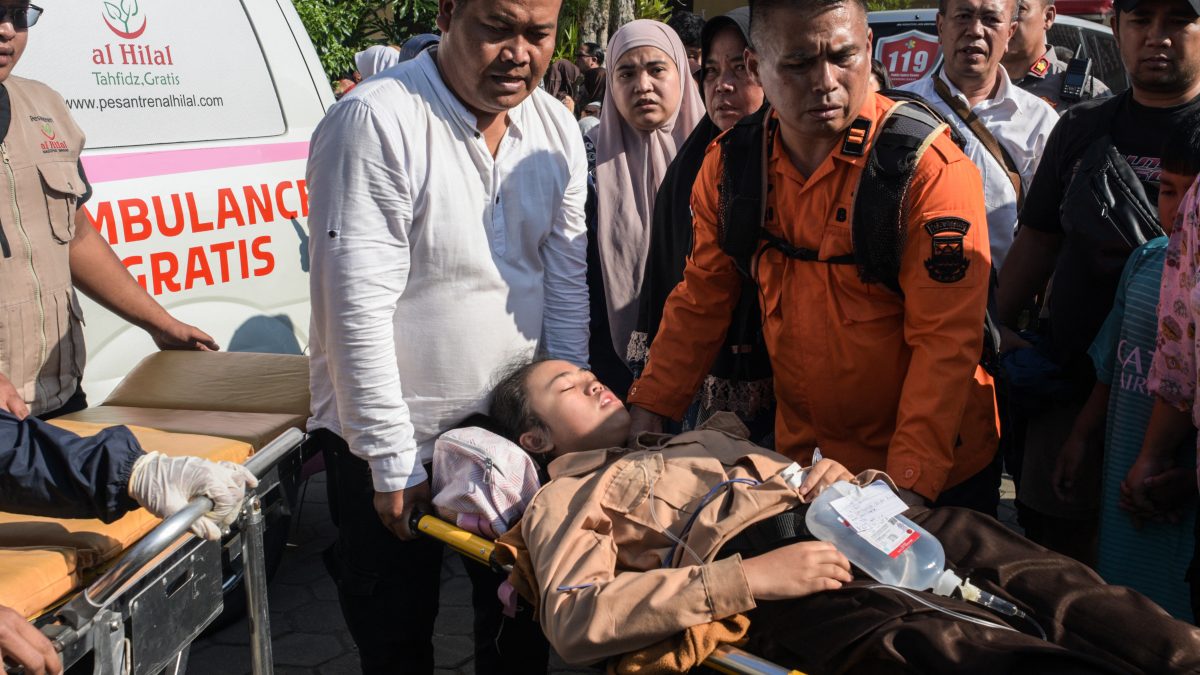)
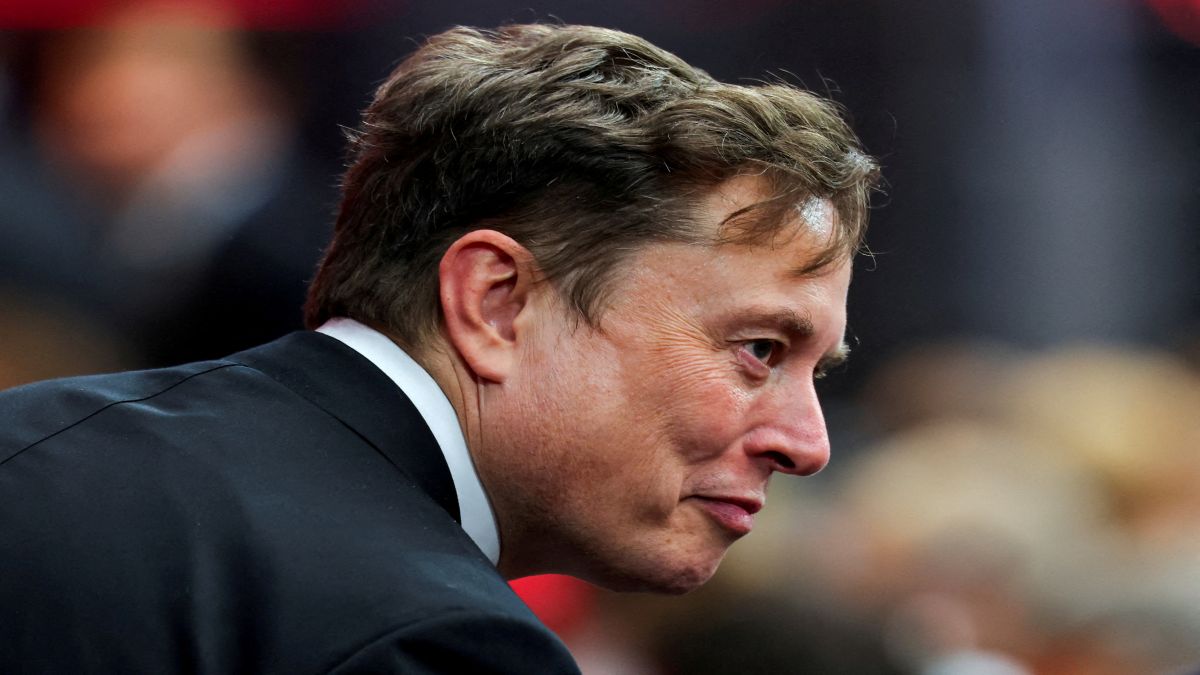)



